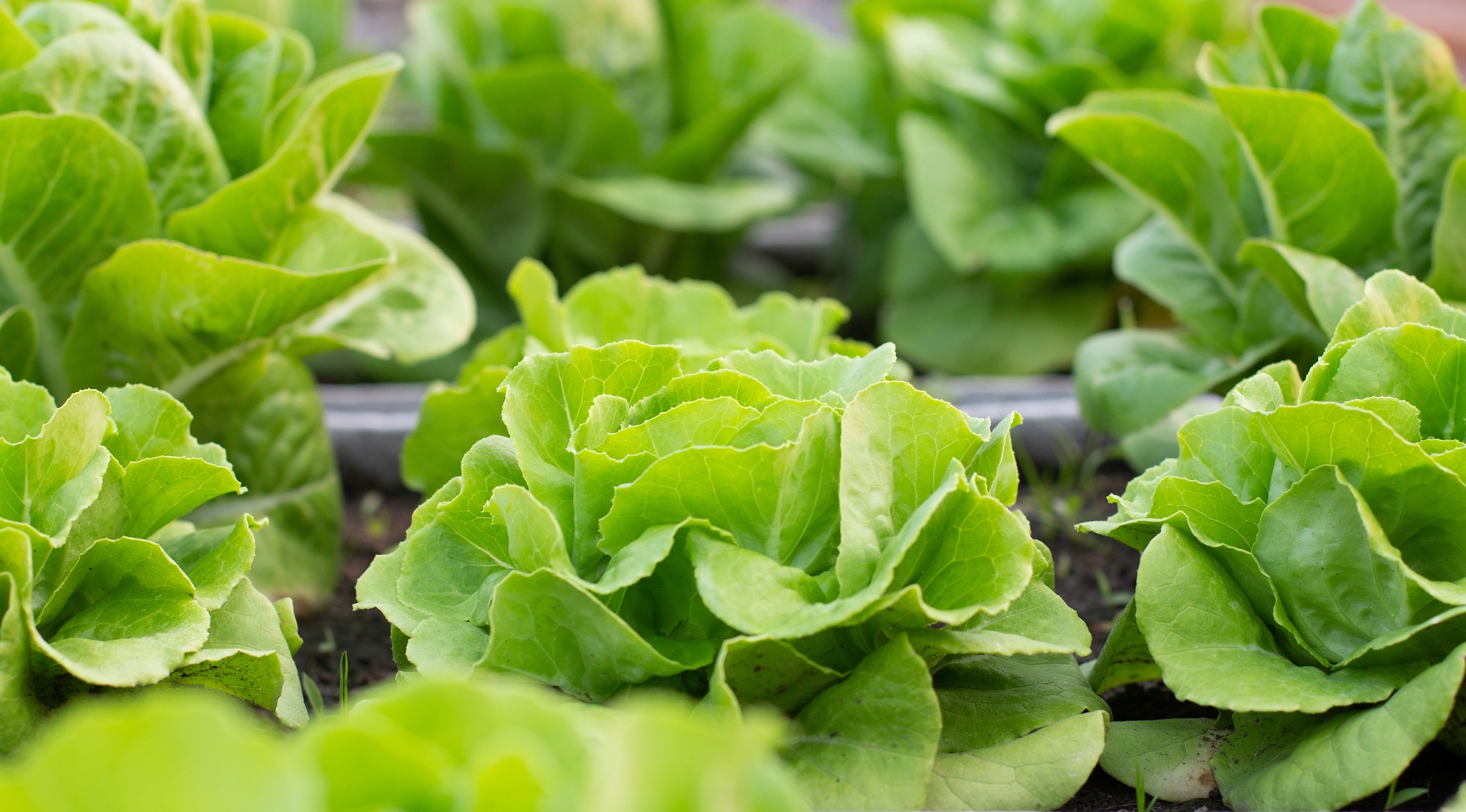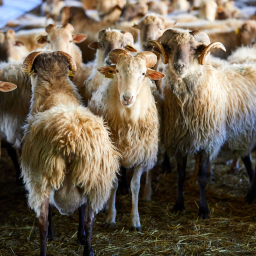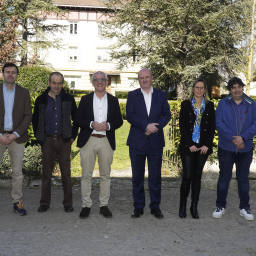NEW
Larger and more environmentally friendly lettuces
8 February 2023- Thanks to bioponics, the NEIKER technology center has achieved lettuces 20% larger than those obtained from hydroponic crops
- Bioponics is a system that combines hydroponics -soil-less crops- with organic fertilizers instead of mineral fertilizers and, among its advantages, stands out the reduction of the carbon footprint and the increase of sustainability
- The research has lasted two years and has counted with the collaboration of the biofertilizer companies Biobizz and AvanzaBio
The agri-food sector is undergoing a transition towards production systems that are healthier for humans and more environmentally friendly, reducing the use of chemical pesticides in the production of plant foods. Thanks to the social awareness of farmers to promote care for the planet, the sustainability of production methods has increased
In fact, more and more professionals are opting for the use of organic fertilizers and hydroponic crops, systems in which plants grow without soil thanks to the supply of a solution composed of water and nutrients based on mineral fertilizers generated through chemical reactions with salts, gases and other inorganic substances. Soil-less cultivation that replaces the use of inorganic fertilizer with organic fertilizer is known as bioponics and represents a breakthrough for human and environmental health as it reduces the carbon footprint.
In this context, NEIKER technology center, a member of the Basque Research and Technology Alliance (BRTA), has obtained 20% larger lettuces using the bioponic cultivation system. This research has been carried out in collaboration with two companies producing organic fertilizers and biostimulants in the Basque Country, Biobizz and AvanzaBio.
With bioponics, mineral fertilizers are replaced by organic fertilizers, thus reducing CO2 emissions into the atmosphere. As Patrick Riga, project leader and senior researcher at NEIKER’s Plant Production and Protection department, explains, “developing inorganic fertilizers has a big impact on the carbon footprint. When making one kilogram of calcium nitrate, a very common fertilizer, 3.85 kg of carbon dioxide is released into the atmosphere”.
More sustainable production
This system is more environmentally friendly because it releases organic nutrients and generates a solution rich in bacteria, yeasts and fungi, microorganisms that promote plant growth.
In order to find the right combination of organic nutrients and confirm their effectiveness, NEIKER has carried out several tests over two years in its greenhouses with batavia lettuce and yellow chard plants in a soilless cultivation system in which the roots have grown in an organic substrate based on coconut fiber irrigated with a solution of organic fertilizers and biostimulants by means of drippers.
The results of the trials have shown an increase in size of the cultivated vegetables. “Both lettuces and chard produced in a bioponic system are larger compared to those grown in a hydroponic one with inorganic fertilizers, 20% more for lettuces and 13% more for chard,” assures Riga.
In addition to generating larger products, this method allows to completely replace fertilizers created based on chemical reactions with natural ones and, therefore, to reduce the carbon footprint and increase the sustainability of vegetable production.
Based on the results obtained, and with a view to promoting the bioponic system in the sector, NEIKER will carry out trials to grow other foods such as tomatoes or peppers. The technology center will advise and accompany farmers interested in testing this new method throughout the process.
Organic and healthier fertilizers
The use of inorganic fertilizers in the production of vegetable food is less environmentally friendly than the use of phytosanitary products and organic fertilizers, hence the importance of finding alternatives, such as bioponics, that allow their gradual replacement without impacting the profitability of farms.
In this context, the European Union has established maximum limits of nitrates in vegetables for consumption and advocates the application of codes of good agricultural practices that limit the levels of contaminants in foodstuffs, such as the research carried out by NEIKER.






